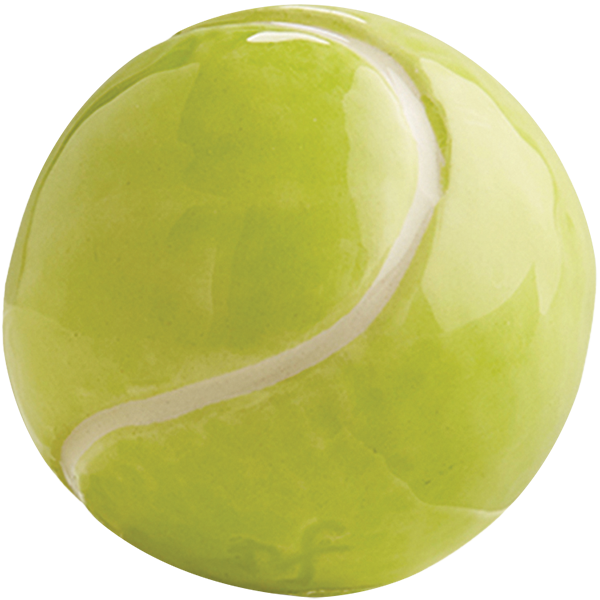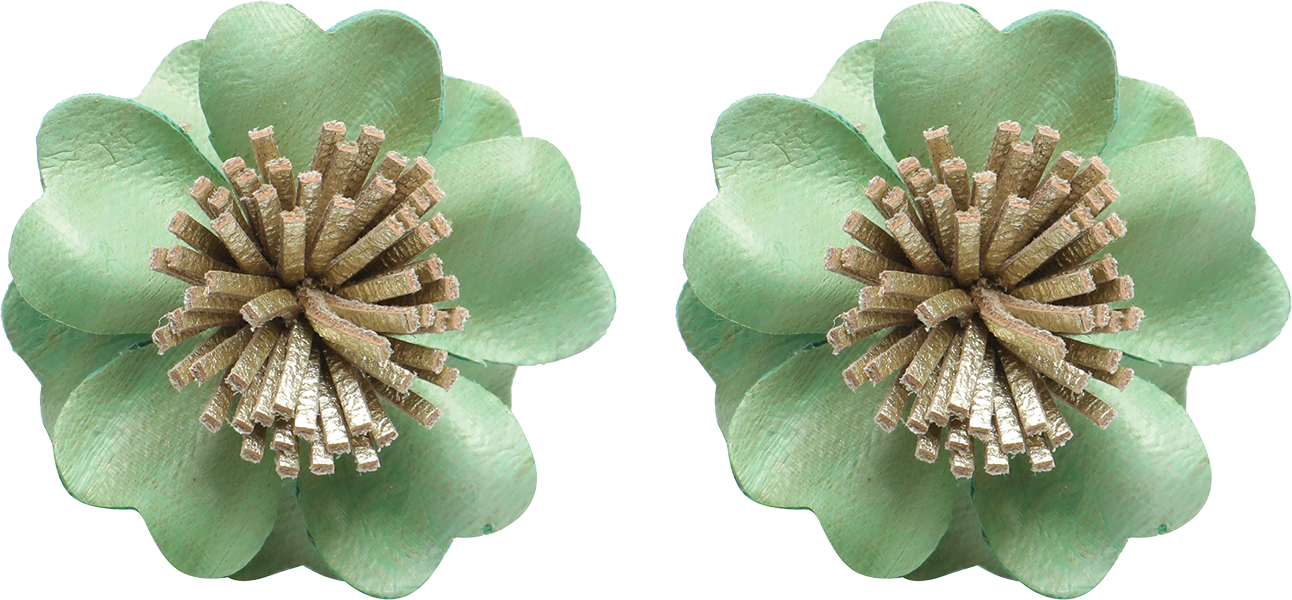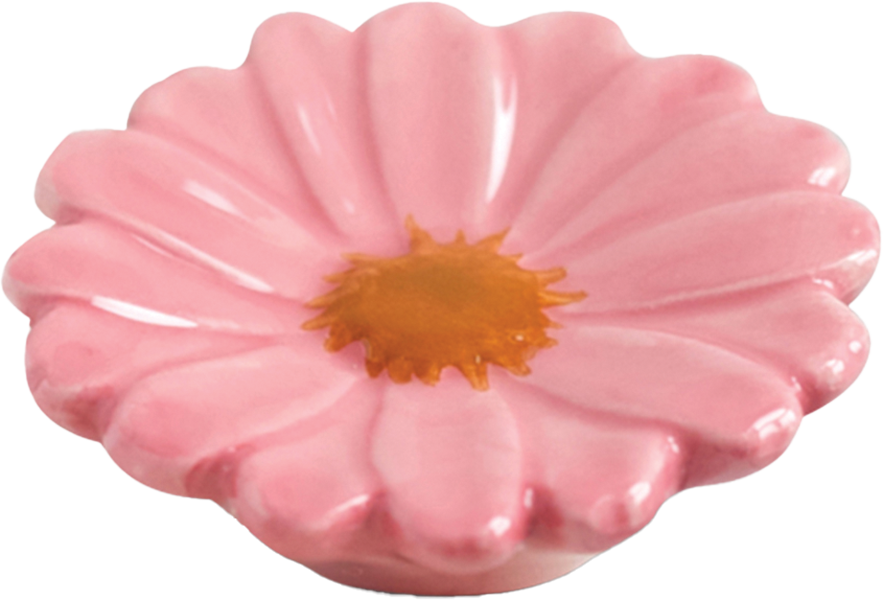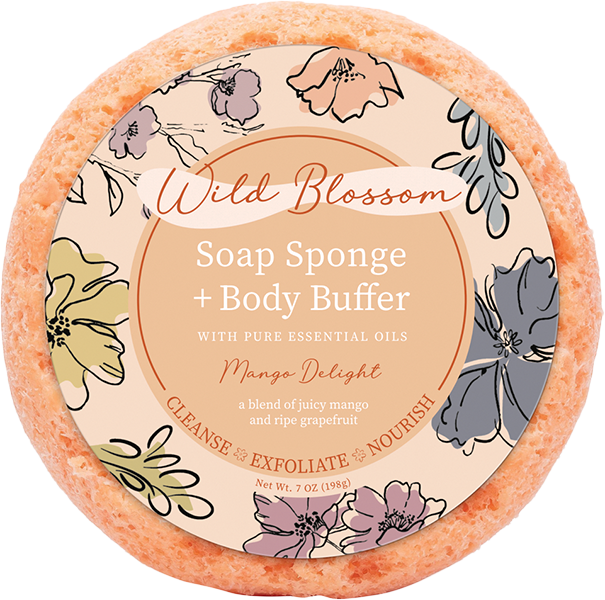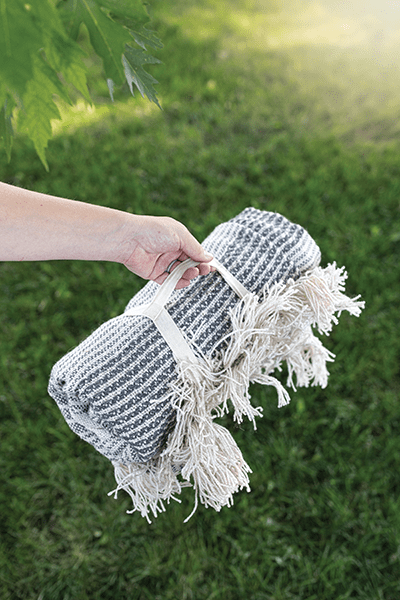Small Gustine shop selling olive oil from its orchard
Gustine — When Anne and Paul Piccirillo moved to Gustine from the Bay Area, it wasn’t for jobs or the country life — it was for olives.
Hobby growers for years, the couple wanted some land of their own so they could grow olives and make olive oil. So they bought six acres just out of Gustine and put in four varieties of olive trees.
Now, almost 10 years later, their backyard orchard is thick with green olive trees that stand 10 feet above the ground.
Last year they produced more than 13 tons of olives. In recent years, they’ve brought in roughly $17,000 a year from selling their oil.
Their little operation, Athena Gift, is run from the couple’s home. They do just about everything except for pressing their olives.
But they’re not alone. They are part of California’s expanding olive oil industry
The industry includes small artisan growers like the Piccirillos as well as much larger commercial growers in the Central Valley.
But whether they are large or small, California’s olive growers face a problem: the cheap low-grade olive oil that comes to the U.S. from the Mediterranean.
California’s olive oil may be fresh and of a higher quality than its Mediterranean competition, but it isn’t cheaper — not yet anyway.
New mechanized picking and production introduced in the past couple of years have enabled olive growers in the state to expand the industry, according to Paul Vossen, a farm adviser at University of California, Davis. The roughly 600 growers in the state, said Vossen, had about 20,000 acres in production in 2008, and he expects an additional 10,000 acres to be planted in 2009.
This expansion has brought the price of local olive oil way down. “We want to do with olives what the grape growers did with California wines 20 years ago,” said Brady Whitlow, president of Corto Olives in Lodi and a board member of the California Olive Oil Council.
Still, before they can take advantage of the reduced cost of producing California’s olive oil they’ll need to somehow differentiate good oil from bad.
Today, there are no officially recognized standards for olive oil in the U.S. So imported oils labeled as extra virgin — the highest grade of olive oil — are often rancid, old and mixed with other oils, said Vossen.














